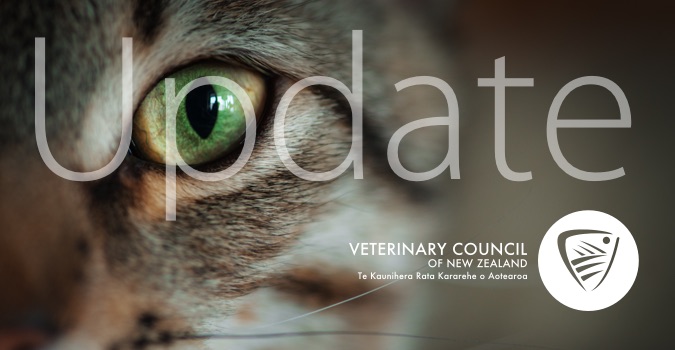
24 August 2021
We want to start by saying thank you for everything you’re doing to support the COVID-19 response. We’re hearing great reports of veterinarians being proactive and triaging cases well. We know that you are having to front some difficult conversations and deal with some highly stressed people. Know that both our organisations are here to support you.
Yesterday, the Government announced that Auckland will remain at alert level 4 until 11:59 pm on Tuesday 31 August and the rest of the country will remain at alert level 4 until 11:59 on Friday 27 August.
The Government is maintaining a public health imperative and taking a stepped approach to the ongoing lockdown. It is considering whether a reduction in alert levels for some parts of the country will be possible at the end of this week. With that in mind, we are asking clinics to maintain the current essential-care-only approach until Friday.
The rationale
As well as following the Government’s lead, we believe that continuing to limit services until Friday is the best way to manage risk. While we know that practices around the country are adopting exemplary safety measures, accepting a case still carries some risk of spreading COVID-19. We have to avoid a situation where a non-urgent or routine procedure is linked to the spread of COVID-19, both from a public health perspective and from the perspective of protecting the profession’s reputation. Travel to and from the clinic also brings some risk which is best avoided.
We are aware that limiting services to essential only puts pressure on veterinarians and businesses and increases the backlog of work once settings change and we will be issuing fresh guidance on Friday that looks to ease the restrictions where it is appropriate to do so. At level 3, we expect that the focus will be on doing work that can be done safely (i.e. with a minimal risk of spreading COVID-19) and those still in level 4 will be approaching the question of what can be delayed in the context of a longer lockdown. For example, we anticipate that some care that could be delayed for a week may not be able to be delayed for 2-4 weeks.
The status of these expectations
The Government sets the high-level rules around who can continue to operate at alert level 4. It expects industry regulators and Government departments to set specific parameters and guidance for their professions.
The current alert level requirements are set out in the COVID-19 Public Health Response (Alert Level Requirements) Order (No 9) 2021 . This Order allows owners to seek “necessary” care for their animals. VCNZ, as the regulator, and in consultation with key industry bodies including MPI and NZVA, sets expectations for veterinarians, including how to determine what is “necessary” care.
One of VCNZ’s functions is to set standards for practising for veterinarians and we’re doing that here in the context of the current outbreak. This involves applying the high-level expectations of the Code, as well as what the public would reasonably expect of veterinarians, to the situation we find ourselves in.
Setting client expectations
We have received correspondence from clients who are unhappy that they can’t currently get non-essential veterinary care for their animals and we know that veterinarians and practices will be receiving the same. We will be issuing a joint VCNZ-NZVA press release shortly with the aim of setting public expectations around what veterinary care they can expect at this time and NZVA will also be actively spreading the message on social media.
In addition, we recommend that practices continue to proactively communicate with their clients about the current situation. We are working on resources to assist with this. You can also feel free to indicate that the limits to what can be seen are being set at a national level by VCNZ and link to our COVID-19 standards and guidance which is based on international best practice such as the WSAVA advice on routine vaccinations during the pandemic (PDF).
Advice and support available
As we have previously advised, what constitutes essential care is context specific. Our Guidance on assessing emergency and urgent care is a tool to help navigate this and we also recommend you discuss any specific cases you are unclear on with a colleague. We are also available to discuss issues you are encountering so please do get in touch with us if you have any questions.